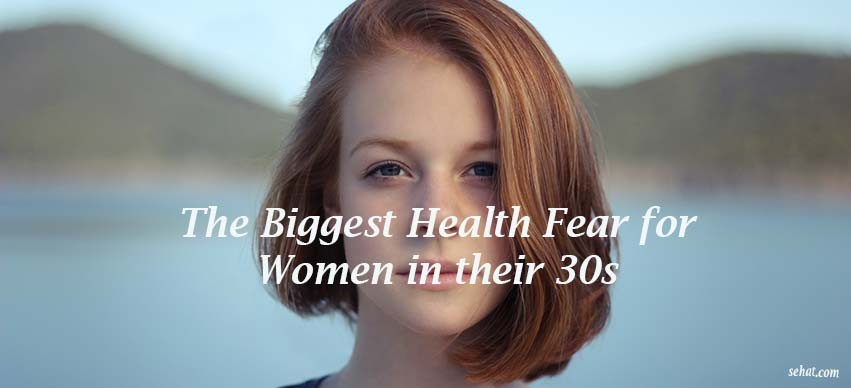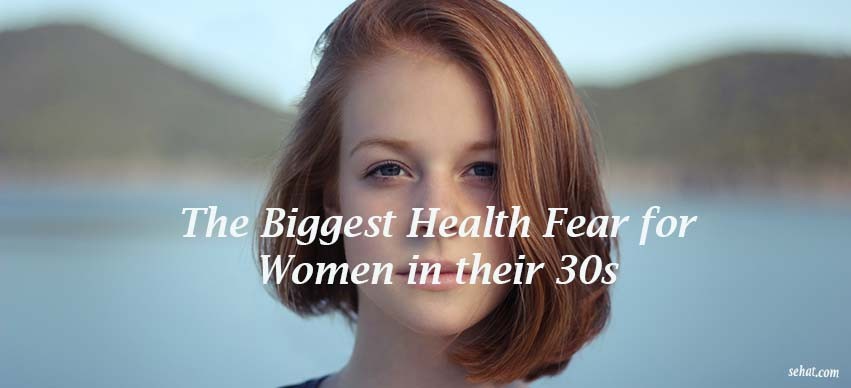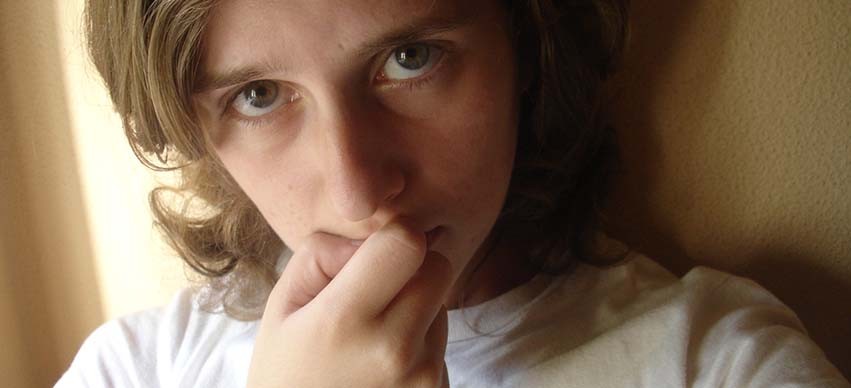Evolution of Prescription Refills: From In-Person to Online ..
6 Min Read


Priorities in life keep changing. When we are in our teens, looking good to attract the opposite sex and scoring high grades in school is important. In our 20s, we worry about dressing up well, climbing the career ladder and earning tons of money. And, by the time women reach their 30s, priorities change dramatically and health comes to the forefront. While women in their 30s begin to eat healthy and exercise regularly, they have an underlying fear about their health. So, what is the biggest health fear women have in their 30s? You will be amazed to know the answer to the question.
Women in their 30s constantly worry about their mental health. This is their biggest health fear. There is no doubt that regardless of age, we all, at some point or the other of our lives, have experienced depression and anxiety. It is part and parcel of life and most of us take in our stride and strive for. However, in your 30s, anxiety becomes a real problem.
The 30s is that period of life when you are raising kids as well as taking care of aging parents. This is in addition to holding a full-time job and doing household chores. This can make life extremely stressful and results in anxiety in the long-term.
While fever in children makes a mother anxious, this anxiety is very different from anxiety disorder. Once the child becomes okay, the mother’s anxiety disappears. However, when a woman in her 30s suffers from anxiety disorder, the anxiety and its symptoms are persistent and omnipresent. It influences her ability to function normally and optimally at home, work and social settings.

According to Gupta et al (1991), some of the most common symptoms of chronic anxiety are as follows:
This said, the symptoms of chronic anxiety are often mistaken for generalized anxiety and this is the reason many women (and men) don’t seek timely medical intervention.

Allison Baker, who is a psychiatrist at Columbia University Medical Center in the U.S., states that most people experience some level of anxiety. However, this kind of anxiety creates an adrenaline rush that motivates us to perform and also prepares us to face challenges. It evokes a fight or flight response in us wherein we are in a state of hyperarousal when we find ourselves in frightening and challenging situations. It is very different from anxiety disorder, which is a chronic condition and a person has to live with it every single day of their lives unless treated. It affects every sphere of the person’s life adversely and the person is unable to perform routine day-to-day tasks, thereby seriously affecting quality of life.
While there aren’t precise figures available, mental health professionals believe one in four Indians in urban areas suffers from anxiety. Psychiatrists also state anxiety disorder is on the rise in India, as more and more patients are being diagnosed with it.
Yes, it is a fact the biggest health fear women have in their 30s is their mental health. So, if you’re coping with chronic anxiety, don’t be afraid to seek help. Women are more prone to mental disorders compared to men and hence, they are more prone to suicide, as well. Unfortunately, in India, there is a fair amount of stigma attached to mental ailment and this tends to compound the problem.
Anxiety disorder not only affects you psychologically, it also can affect you physiologically. The disorder is known to cause other health problems, such as alterations in the brain, digestive problems and lowered immunity. And, this is a mental disorder wherein you cannot control your emotions and feelings. And, people who don’t know anything about this mental health condition may often feel you’re overdoing or overacting. However, don’t let this affect your will to seek medical treatment, as an untreated anxiety disorder can progress to full-blown depression.
While some women respond positively to psychotherapy, there are others that fare well when put on medication.
To overcome anxiety, seek the help of a mental health professional you’re comfortable with and also is able to educate your loved ones. With the right treatment, your anxiety disorder can easily be treated and you will be able to lead a full and healthy life, just like you were leading prior to becoming sick.